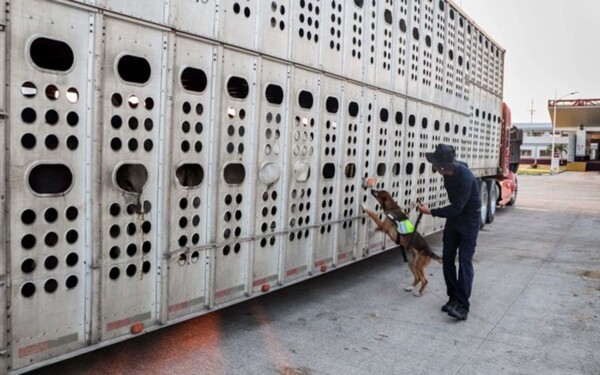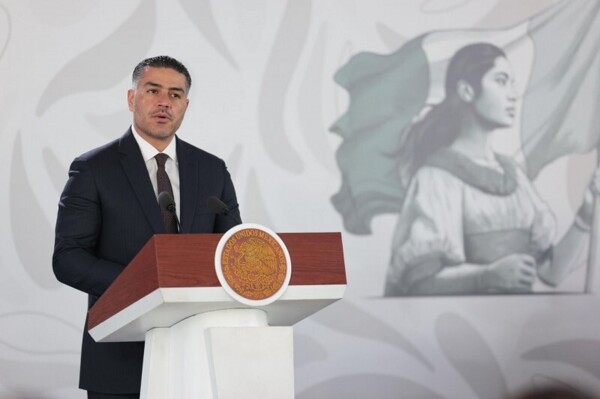
Experts in early childhood from the Early Institute, Ethos Innovation in Public Policies, and the Economic and Budgetary Research Center (CIEP) have revealed that only 44% of children in Mexico aged 0 to 5 have access to childcare, early education, and preschool services in Child Care Centers (CAI). This leaves around 6.8 million children without access to these services, according to the report titled 'Care for Early Childhood: Recommendations Towards the Formation of the National Care System.'
The experts have called for the establishment of a system that unites institutions with policies, programs, strategies, and standards to ensure quality early childhood education and care services. The report analyzes the current situation of care and education in early childhood, highlighting the importance of these services and generating recommendations for the creation, implementation, and monitoring of a National Care System with a child-centered perspective.
Among the recommendations issued are: expanding the coverage of care and education services, strengthening the existing regulatory framework, recognizing the right to care in the Constitution, and ensuring that the General Law on the Provision of Services for Child Care, Attention, and Comprehensive Development is the central norm in this area, among other points.
In the words of Renata Díaz Barreiro Castro, an expert from the Early Institute, "The diagnosis shows us that there is limited coverage as well as a serious fragmentation and heterogeneity in early childhood care and attention services in Mexico." On the other hand, Cándido Pérez, also from the Early Institute, has highlighted that although early education is a constitutional right both nationally and internationally, the implementation of supporting laws is nascent, making it crucial to ensure that the General Law on the Provision of Services for Child Care, Attention, and Comprehensive Development serves as the guiding norm, although greater institutional coordination is required.
A crucial aspect noted in the analysis is that the responsibility for care disproportionately falls on women, which contributes to perpetuating social and economic inequalities. Improving early childhood care and development requires, according to Mónica Corona Godínez from Ethos, promoting a co-responsibility approach to care that involves the State, businesses, and communities, establishing quality standards for CAIs, creating supervision and evaluation mechanisms, and professionalizing the staff in charge.
For her part, Sunny Villa, an associate researcher at CIEP, has emphasized that the investment allocated to care in the 2025 Federal Expenditure Budget (PEF) is significantly lower than necessary for an effective National Care System. The importance of a progressive increase in public investment directed towards early education and childcare services to guarantee equitable access to quality care for all children, regardless of their socioeconomic situation, is underscored.
The organizations have urged the federal government, legislators, related state authorities, and social sector officials to prioritize the implementation of the National Care System and the National Early Childhood Care Strategy to ensure children's right to receive quality education and childcare. They highlight the need to expand the system's coverage, strengthening areas such as nutrition, health, social protection, and comprehensive development in early childhood, and call for the development of child-centered care and education policies, as well as pushing for legislative reforms to guarantee this fundamental right.













